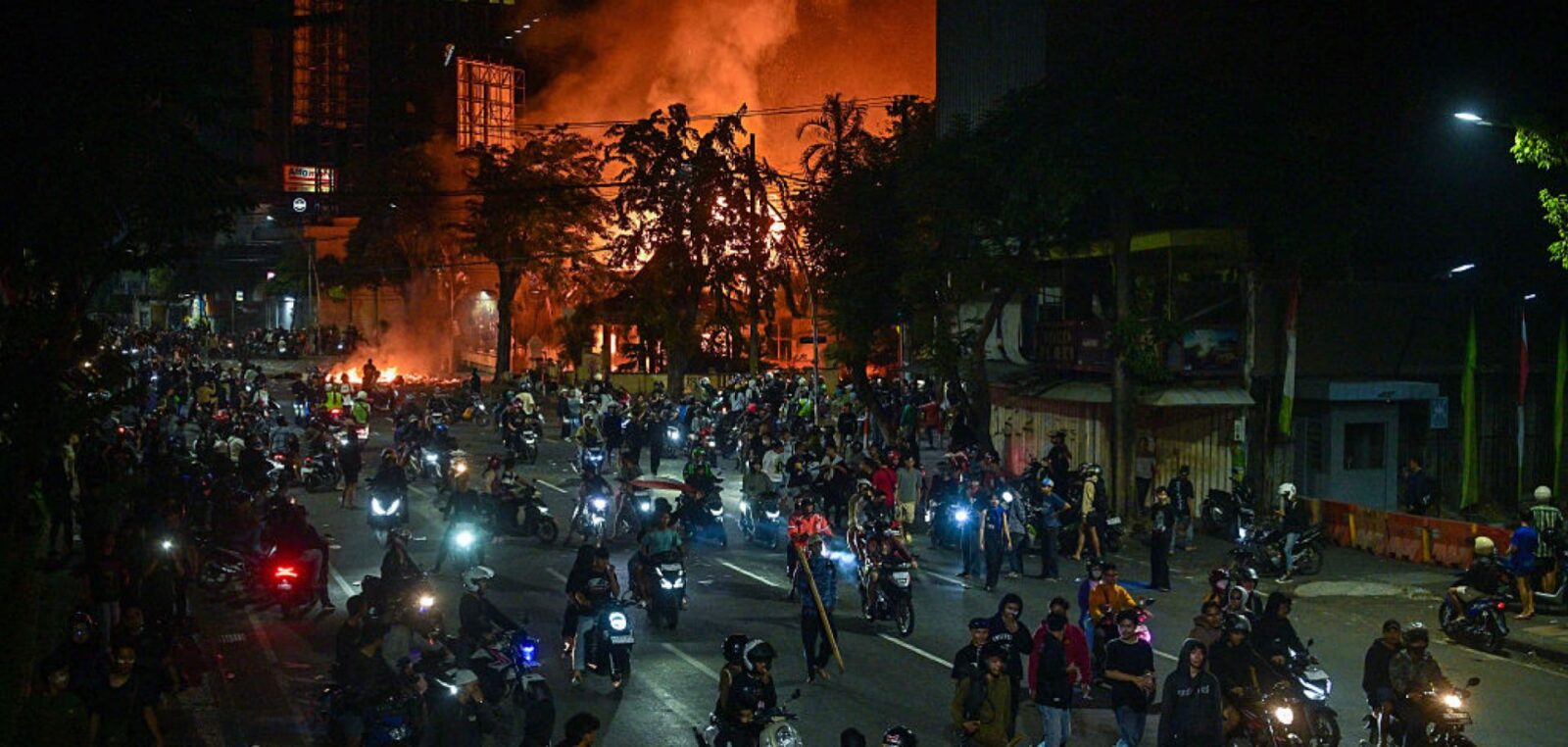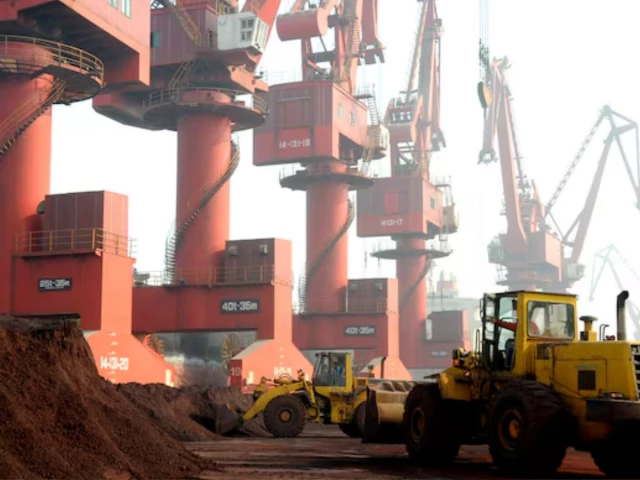JAKARTA – Recent violent protests in Jakarta have inflicted significant damage on the Indonesian economy, with the retail sector alone suffering an estimated Rp 500 billion (US$30 million) in lost sales between August 28 and September 1, according to Budihardjo Iduansjah, chairman of the Indonesian Retail and Tenants Association (Hippindo).
In contrast, suburban supermarkets and hypermarkets saw a 10–15 percent spike in sales over the same weekend, possibly due to panic buying. “This increase wasn’t limited to Jakarta’s center. Residential malls in areas like Serpong, Cibubur, and Bekasi also experienced higher traffic,” he added.
Hippindo is now coordinating with Jakarta authorities, law enforcement, and retail stakeholders to restore order and rebuild consumer and investor confidence. “When people are afraid to go out, investors become hesitant. Tourists cancel trips, and exhibitions are postponed — all of this stalls the flow of money,” Budihardjo warned. Some luxury boutiques temporarily secured high-value merchandise as a precaution, although most had resumed normal operations by Monday.
Beyond modern retail centers, the protests also disrupted traditional markets and small businesses. Vendors at Jatinegara Market closed early due to clashes near the Police Mobile Brigade (Brimob) headquarters in Kwitang. Micro and small enterprises around schools and universities have also been badly affected as many institutions extended study-from-home policies, leaving cafeterias and campus food stalls empty.
Ani, a cafeteria vendor at Universitas Indonesia, expressed her frustration: “This should be a busy time, but I’ve had to take a week off because of the protests. I’ll reopen when the students return.”
Bars and restaurants were also impacted. Krapela, a bar in South Jakarta, canceled at least five scheduled events over safety concerns. “This is a time to lean into compassion and community,” the venue said in a social media post.
The unrest also affected digital commerce. TikTok temporarily suspended its live-streaming feature in Indonesia on Saturday in response to escalating violence, cutting off a major sales channel for micro, small, and medium enterprises (MSMEs). The feature returned late Tuesday, but the disruption had already dealt a serious blow.
“Many of our members have lost up to 90 percent of their daily income due to halted sales and disrupted deliveries,” said Hermawati Setyorinny, chairwoman of the Indonesian MSME Industry Association (Akumandiri). She emphasized that both offline and online operations were severely constrained.
Public infrastructure was not spared either. Public Works Minister Dody Hanggodo estimated nationwide damage at nearly Rp 900 billion (US$59 million), with East Java reporting the highest losses. Damaged assets included toll gates, bus shelters, and several local council buildings.
“This is an emergency response situation for us,” Dody said. “The President has made it clear that we must act swiftly and use all available emergency funds.”
Amid the economic fallout, analysts point to deeper structural issues fueling public anger. Deni Friawan, a senior researcher at the Centre for Strategic and International Studies (CSIS), cited growing frustration over economic inequality, poor governance, and perceived fiscal irresponsibility.
“People are expected to bear austerity, pay taxes and contributions, while the government appears wasteful in increasing salaries for officials, leaving state-owned enterprises understaffed, and expanding bureaucracy,” Deni explained. He added that these tensions, coupled with job scarcity and limited access to public services, have worsened the national mood.
The immediate trigger for the protests was reportedly the killing of a motorcycle taxi driver during a demonstration, an event that quickly galvanized nationwide outrage.















Leave a comment